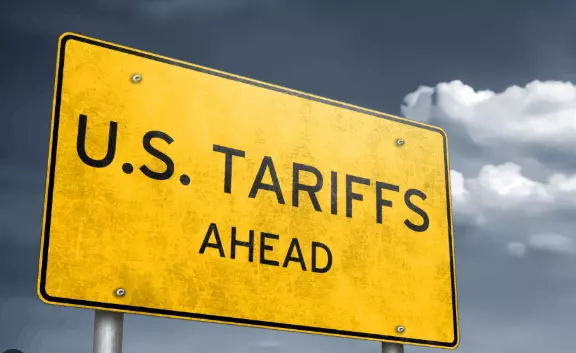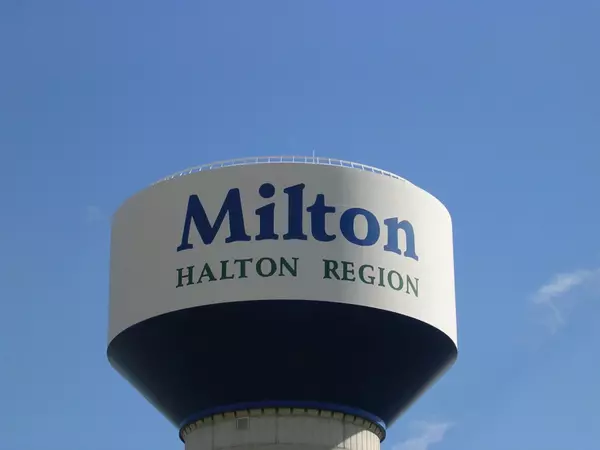Buying A Condo? What Do Condo Fees Really Cover?

The Hidden Factors Behind Condo Fees: What Property Managers Won’t Tell You
Buying a condo can be a fantastic option, especially in a bustling city like Toronto. But one thing that often surprises new condo owners is the condo fees. Many people wonder: What are they really paying for? This blog will explore the real cost of condo fees, how they are calculated, and where your money goes.
What Are Condo Fees?
Condo fees, also known as maintenance fees, are monthly payments that condo owners make. These fees cover various services and amenities provided by the condo corporation and are a fundamental part of condo living.
What Do Condo Fees Include?
Before diving into the hidden factors, let's first understand what condo fees generally cover:
- Maintenance and Repairs: This includes upkeep of common areas such as hallways, lobbies, and elevators.
- Utilities: Some condos include utilities such as water, and sometimes heat and electricity, in their fees.
- Amenities: Fees often cover the maintenance of amenities like gyms, pools, and party rooms.
- Building Insurance: Condo fees typically include building insurance, which covers common property.
- Reserve Fund: Part of the fees go into a reserve fund for future large expenses like replacing the roof or elevators.
How Are Condo Fees Calculated?
Condo fees depend on several factors, including the size of the unit, the age of the building, and the type of amenities offered.
1. Unit Size
Larger units typically have higher fees because they consume more resources. Fees are usually calculated per square foot, spreading the cost across all units proportionally.
2. Building Age
Older buildings often require more maintenance and repairs, resulting in higher fees. Newer buildings might have lower fees initially, but it’s wise to anticipate future increases as the building ages.
3. Amenities
The more amenities a condo building offers, the higher the fees. Pools, gyms, and concierge services require regular maintenance and staffing, which adds to the overall cost.
The Hidden Factors Behind Condo Fees
Now, let's look into the hidden costs that property managers may not openly discuss. These can significantly affect condo fees but are often overlooked by first-time buyers.
1. Management Fees
Condo buildings often employ property management companies to handle day-to-day operations. These services come with a cost, which is included in the condo fees.
2. Special Assessments
At times, buildings require unexpected major repairs or updates. If the reserve fund doesn’t cover the cost, owners may face special assessments, which are one-time payments on top of regular fees.
3. Future Planning
Condo boards must plan for the future. They conduct regular reserve fund studies to estimate future expenses and ensure the reserve fund is sufficient. If it's not, condo fees may increase to build up the reserve.
4. Insurance Premiums
Building insurance costs can rise due to various factors such as an increased number of claims, natural disasters, or changes in the insurance market. Higher insurance premiums lead to increased condo fees.
5. Utilities and Contractual Costs
Changes in utility rates or the cost of service contracts (like those for landscaping or cleaning services) can also impact condo fees. These costs usually fluctuate based on market rates and usage levels.
Strategies to Manage Condo Fees
While condo fees are inevitable, there are ways to manage and even reduce them over time. Here’s how:
1. Participate in Condo Board Meetings
Stay involved in the decision-making process by attending meetings. Your input can help steer cost-effective choices.
2. Energy Efficiency
Encourage energy-saving measures within the building, such as LED lighting and efficient HVAC systems. This can lower utility costs and, consequently, reduce fees.
3. Audit Service Contracts
Suggest the condo board review service contracts periodically. Renegotiating these contracts or switching providers can result in significant savings.
4. Reserve Fund Studies
Ensure the condo board conducts regular reserve fund studies. Proper planning can avoid large special assessments and keep fees more stable.
5. Regular Maintenance
Advocate for ongoing maintenance to prevent large, unexpected expenses. Timely repairs can prevent costly damage and keep fees predictable.
Finding a Balance
When deciding on a condo, consider the balance between the condo fees and the lifestyle amenities they cover. While higher fees might seem daunting, they often provide valuable services that enhance your living experience.
Red Flags to Watch Out For
Here are some warning signs that condo fees might be higher than necessary or mismanaged:
- Insufficient Reserve Fund: A low reserve fund can indicate poor planning and lead to special assessments.
- Frequent Fee Increases: Constantly rising fees may signify underlying financial problems.
- Lack of Transparency: If the condo board or management company isn’t transparent about where funds are going, be cautious.
Conclusion
Understanding condo fees and the hidden factors behind them is crucial for first-time buyers and growing families. By knowing what to expect and how to manage these costs, you can make informed decisions and ensure a smoother homeownership journey.
Buying a condo in Toronto and surrounding areas can be a rewarding experience. Just remember to consider all the factors, visible and hidden, that contribute to condo fees. This knowledge will help you find a home that not only fits your lifestyle but also aligns with your financial plans.
Categories
Recent Posts











